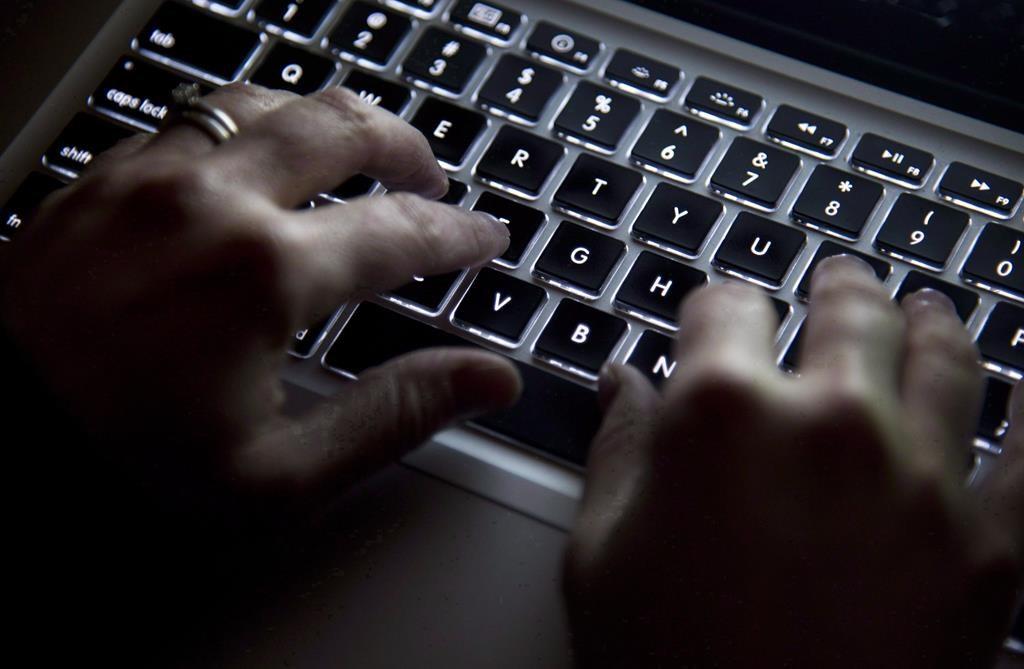More criminal offences have been added to the UK’s Online Safety Bill to force social media firms to quickly eliminate the “most harmful illegal content and criminal activity,” the government announced on Saturday.
Offences including revenge porn, hate crime, fraud, the sale of illegal drugs or weapons, the promotion or facilitation of suicide, people smuggling, and sexual exploitation have been added to the list of extra priority illegal offences, which firms have to proactively filter or remove instead of acting after users report them.





